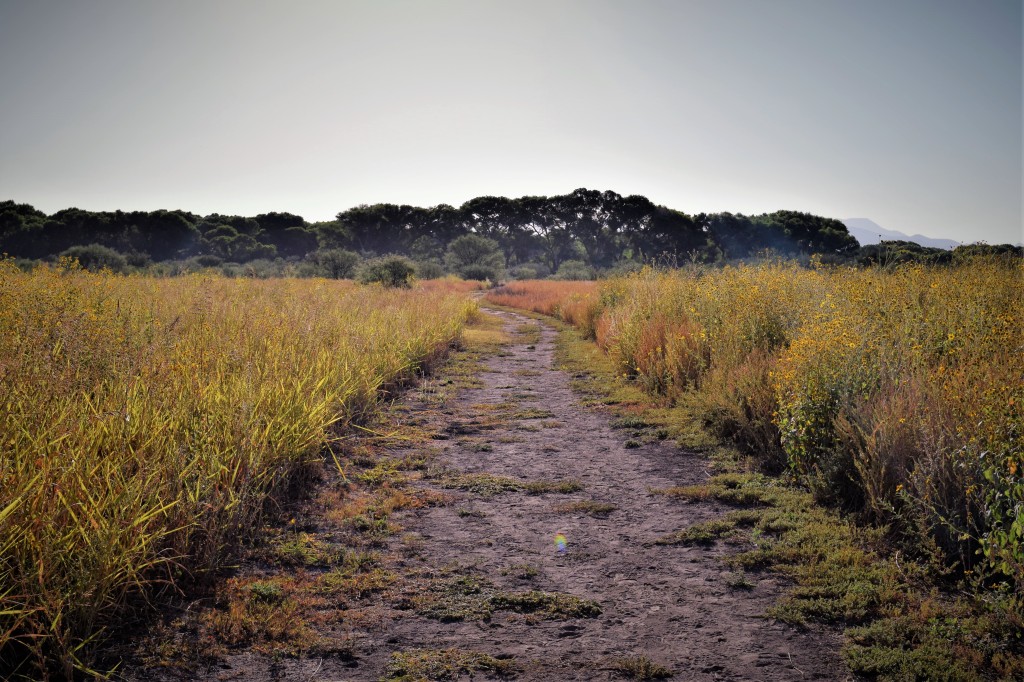“To be trusted is a greater compliment than to be loved.”
― George MacDonald
Ask anyone, and they will tell you a story, perhaps a few, about betrayal. There are many songs, movies, poems, and so on about betrayal. Yet, trust is at its core. Trust, the opposite of betrayal, is wrought with emotion, duty, and obligation. After all, isn’t it our humanity that compels us to trust? Is trust a basic human trait we cannot wrestle our way out of, or is it a moral fabrication?
At birth and through infancy, there is an ingrained bond between the child and caretaker that requires survival. As we move from that state of helplessness, we quickly learn that absolute protection and trust isn’t always guaranteed. At this point, trust can sometimes be a liability and the antithesis for survival. Knowing this, do we prepare ourselves in such a way to place our trust in ourselves? I would argue NO.

Society breeds dependence. Through the educational system, religion, and moral teaching, it is emphasized that trusting in someone (usually, the system or someone with greater power) is what we should strive for at all costs. The emphasis on trust extends itself to human relationships and social constructs, but leave out trust in oneself. It disregards the individual’s ability to navigate the world with a healthy dose of skepticism and the knowledge that everyone, in some way, will fall short of that trust.
We live within a paradox of being pushed to trust in what’s outside of ourselves, while simultaneously being pressured to get what we want. This is why we feel caught and disgruntled. You see this in broken marriages, those who are fed up with their political party, teens who rebel against their parents, and those who fall away from their religious beliefs because one of their leaders fell out of grace. I could go on.
I have examined the concept of trust at various angles and have resigned myself to the belief that complete obedience to trusting anything outside of yourself is self-sabotage. I can count the number of people I trusted in my life on one hand. This is because I got to know them well, and more important to that — I trusted them to be who they are, not what I wanted them to be. I trusted that they would be who they are, even the aspects of them that did not bode well with me.
Some people have faith and trust in something “higher” than themselves, such as God, a cause they can support, or a creative calling. Some people have learned to trust their own common sense, intelligence, or inner knowing, and leave it at that. These people who have found trust in something that would not falter are often the most content with the world.
My trust has been tested and rebuilt over time and experience. Some of this process has been excruciating. Lessons learned. I have also found that the more a person desires happiness through external things, the less trustworthy they are. The greater the self-interest, the less likely they are to garner real trust.

I have found my trust in something that cannot be betrayed or misguided. It is that *power* that has kept me going through the worst points in my life. It is that comfort I found as a child, wandering through the forest and fields. It is ever-present and does not require me to believe or not. It is in the trees, my breath, the beating heart of everything.
It speaks to me and tells me I will be alright, whether my heart breaks or I fear this direction the world of humans embrace. There is nothing that can corrode this faith. I trust this intuition at all costs and lean into it.
To trust humans…That’s the tricky thing. To paraphrase Hemingway, the only way to know if you can really trust someone, is to trust them. I am afraid that’s the truth. And so we jump into it, hoping for the best.